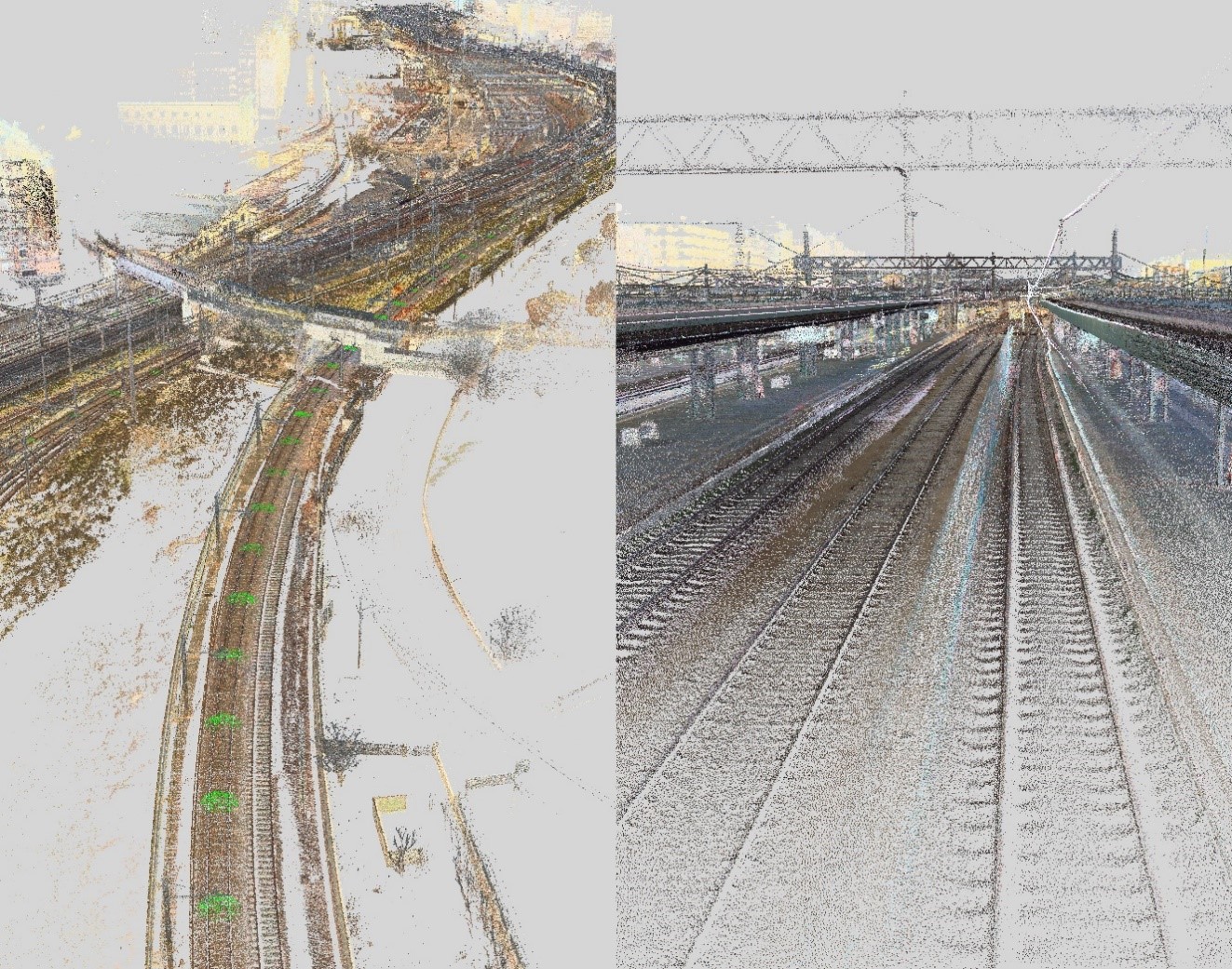The validation process of a 3D multisource/multiresolution model for a railway infrastructures
Keywords:
geographic data quality, data product specification, railway infrastructure data, evaluation procedures, certification, multisource spatial databases, BIG dataAbstract
The technological evolution that marks the passage from traditional cartographies towards topographic databases is often characterised, at a surveying level, by the availability of different sources and tools for acquiring data: remote sensing, drones, laser scanner, etc.
These multiple sources have a significant impact during the dataset evaluation phases. For each specific sensor used, its technical characteristics have been taken into account. Therefore, data product specification is the first step towards understanding which spatial database quality and requirements must be satisfied. While sources and tools have yet to be established in the processing and methodologies, this article try to focus on critical issues encountered during the validation process of a geographical infrastructure in the railway context. The validation process has been carried out by a step-by-step approach. Basically, a consolidated validation methodology has been adopted for traditional products also carried out by new sensors, while a comparison with ISO standard specifications has been followed for innovative surveys such as MMS (Mobile Mapping Systems). Finally, for the GeoTopographic DataBase (DBGT) both massive (informatic procedures) and traditional thematic evaluation of accuracy have been combined. Therefore, the adherence with standards have been referred to consider both the quality of data and the conformity to data product specifications.
The considerable variety and the amount of the provided data in term of BIG Data, the harmonization between different evaluation processes, the need to validate with short time, the lack of on-the-field surveys, have been hardly considered as additional requirements of quality certification of the adopted procedures.
Downloads

Downloads
Published
How to Cite
Issue
Section
License

This work is licensed under a Creative Commons Attribution-ShareAlike 4.0 International License.



